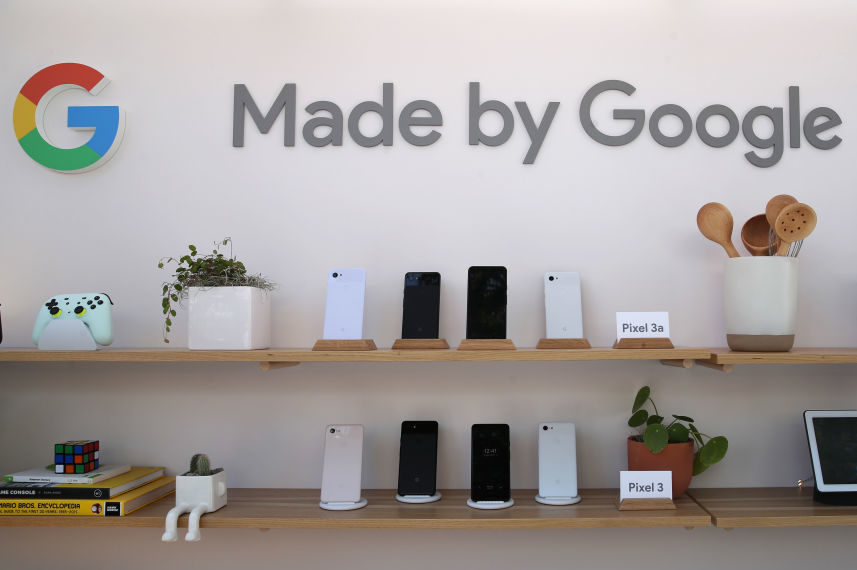As a member of the marketing team for Google’s once-hyped Google+ social network (remember that?) I can recall only one occasion when I encountered concerns about objectionable or controversial content. It was circa 2012, and it involved beer.
Craft breweries and homebrew enthusiasts had created a pleasant little home for themselves on Google+, using its Hangouts video technology to run tutorials and virtual tastings, even announcing new collaborations with other breweries around the world. To a product marketer, this was thrilling: actual user engagement! However, when I started putting together a plan for getting our team more involved in working with the craft beer community on Google+ and learning how we might be able to replicate its success with other enthusiast groups, I received a note from one of Google’s lawyers. We couldn’t officially acknowledge any presence of adult beverage brands on the platform, because the proper safeguards to ensure users were of legal drinking age were not yet in place. That was the end of that.
Still, that was the sort of thing we heard about when we heard about objectionable content. I worked with brands and agencies, so I certainly wasn’t privy to every conversation about the ordinary user experience, and sure, Google+ was supposed to be a little bit better at privacy and transparency than Facebook. But there was no discussion of the tidal wave of information warfare that was about to crash over the internet, and there wasn’t much thought put to the threats of online harassment.
A new Wired magazine cover story notes that Google failed to see this internally as well as externally, with the company’s spiderweb of freewheeling internal discussion groups spinning wildly out of hand, following many of the same patterns as the web writ large – trolling, harassment, extreme partisanship. Especially as Google+ became the company’s priority, Google hired some of the brightest minds in open-web technologies and digital product development (as well as middling folks like me). How did they not see this coming?
I say it’s easy. Google was so singularly obsessed with beating Facebook at its own game that it missed the broader trends that were about to rattle the industry.
When I joined Google in 2011, tensions over Facebook’s rise were heated – to put it lightly. The team that would eventually work on Google+ was granted access to a building with added security and a cafeteria – serving fantastic high-end vegetarian food, I’ll note – that only they could access and which was not displayed on corporate campus maps, to alleviate concerns over people from other product teams overhearing sensitive lunchtime banter. A rumor had floated that just days after a major briefing on the product, a key engineer had announced they were leaving for Facebook and leadership got paranoid. Even wilder rumors floated about the outlandish compensation packages being counter-offered to employees when they told their bosses they were leaving for other companies. In one year, the entire company’s bonuses were tied to the eventual success of Google+.
None of this is new; it’s all been reported in the press or in eventual Medium confessionals from fellow ‘Xooglers,’ as they call us. But in general, the story that gets missed is how this obsessive focus on creating an alternative to Facebook meant that Google didn’t think more circumspectly about exactly what it was building. What it was building was ‘not-Facebook.’ There wasn’t a real eye to the future.
Another serious problem that contributed to this was that YouTube remained independently run from the rest of Google, to the point that communication between employees of the two entities was often nowhere near as easy as it should have been. YouTube’s comment sections were already known hotbeds of hate speech and conspiracy theories, and in the years since, its recommendation algorithm has come under serious scrutiny as a potential source of radicalization. Meanwhile, Google’s think tank arm, Google Ideas (now known as Jigsaw), was literally conducting research on online radicalization tactics that could have made a massive difference to Google and YouTube product teams, but remained siloed from the rest of the company to the point of inaccessibility, was allegedly fraught with its own management problems, and seems to have been so focused on sexy global issues that would impress the UN General Assembly that it never turned inward to examine the problems plaguing its own parent company.
And yet, those were a few crucial years when we could have been paying attention to a lot more than the ‘stickiness’ of the Google+ mobile app user interface.
I’ll point out to any naysayers who think I’m just writing from a comfortable cushion of hindsight – the warning signs were there. Before I joined Google, I was a full-time technology reporter. Trust me, we saw this stuff. In my years as a journalist, I encountered stories that involved everything from a hoax about Apple CEO Steve Jobs’s death that seems to have been planted by someone looking to short the company’s stock, to a prank Twitter account pretending to be a popular Los Angeles taco truck. There were the complicated implications of the Arab Spring, social platforms failing to take harassment campaigns seriously enough (in 2008!) – oh, and Wikileaks. The idea that no one could have imagined what would happen with the misinformation crisis, or that fake news was never really a problem until the 2016 presidential election was looming on the horizon, is simply not true.
I’ll always recall Google+, which was shut down earlier this year following an enormous data breach, not as an unnecessary boondoggle but as a missed opportunity. It’s never been more evident that there was need for change in social media; we just didn’t know it yet. I don’t think that’s the fault of the rank-and-file who were building these platforms; having been on one of those teams myself, it was so insular that it sometimes felt like witness sequestration. By turning a lens to the near future, and possibly having the willingness to sacrifice a few years of profit by being what people were going to need and just didn’t know it yet, as opposed to what people wanted in the moment, Google could have become an unexpected hero in social media.
It didn’t happen. But those breweries. Those we knew something about.


















